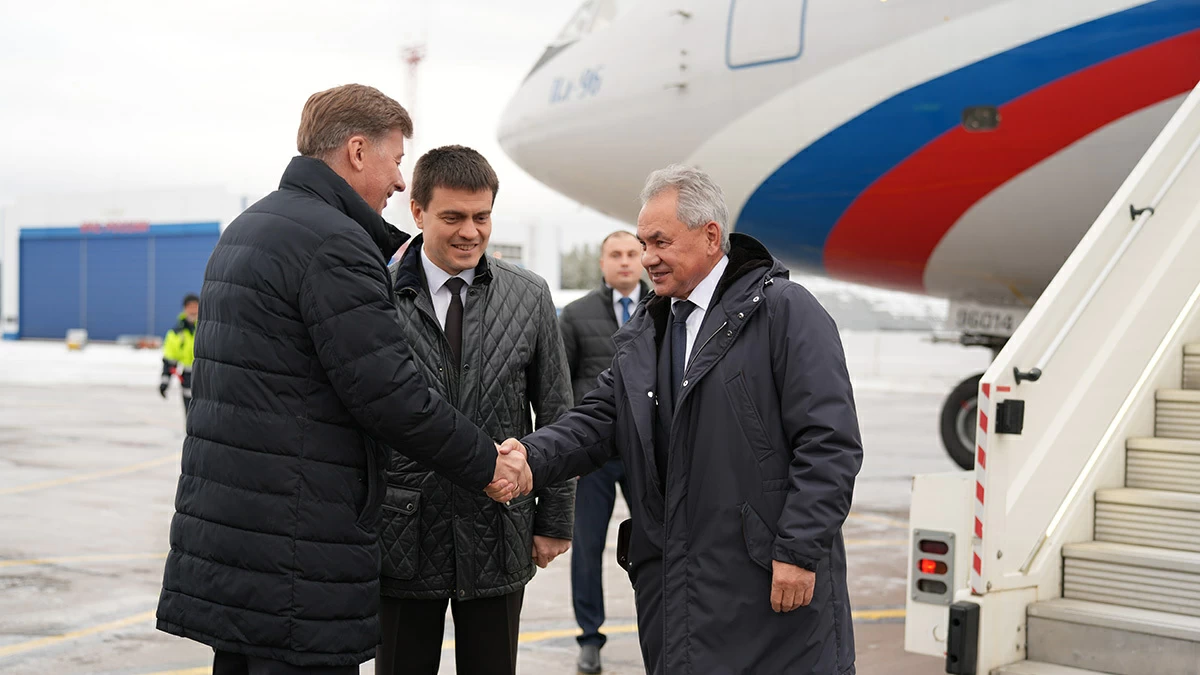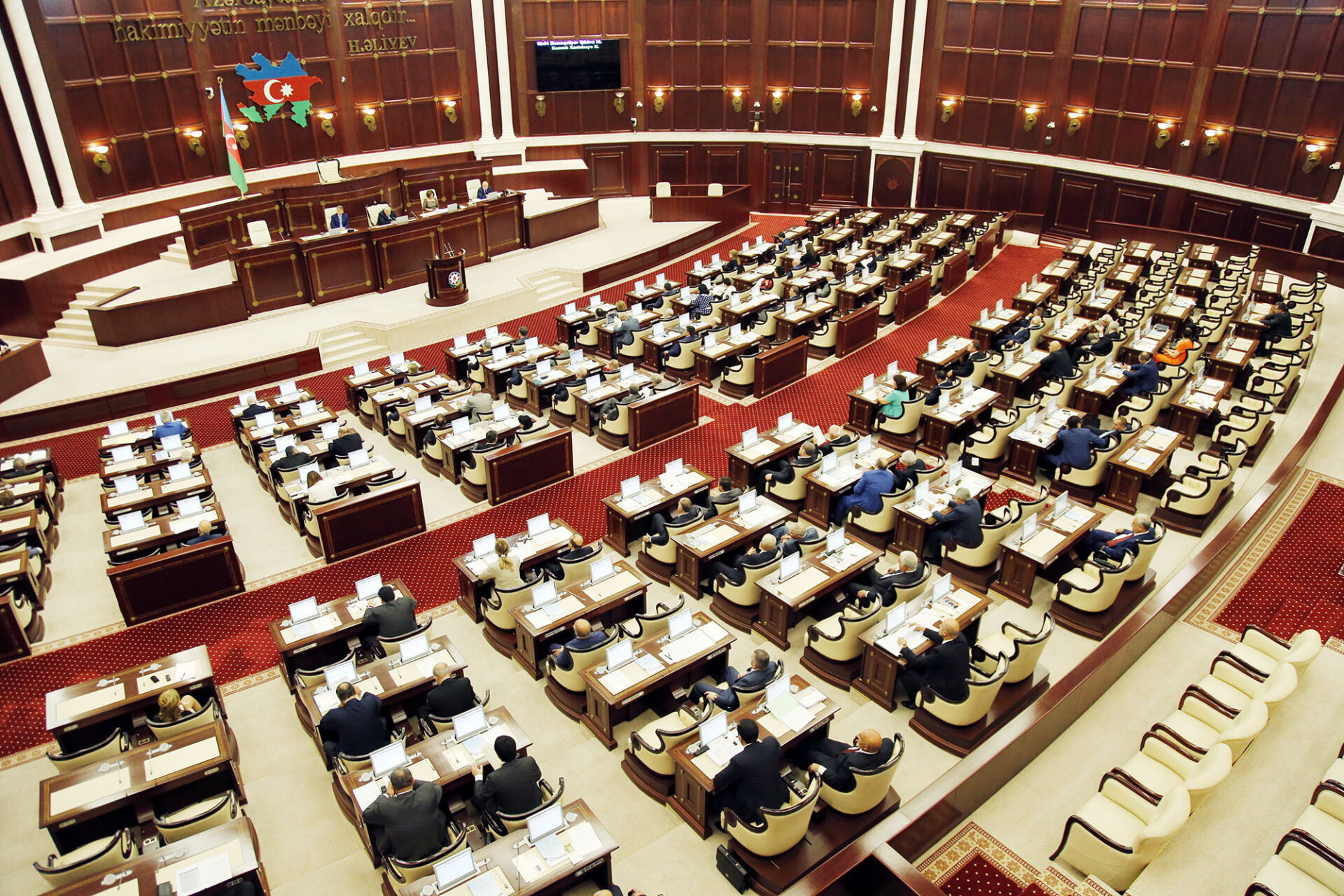FSB Veterans Unhappy about New Special Forces Training Center in Chechnya
FSB Veterans Unhappy about New Special Forces Training Center in Chechnya
Chechen leader Ramzan Kadyrov stated recently that a new training center for special forces will be built on the territory of the Chechen Republic. Russian forces are expected to use the facility for training (rg.ru, June 21). “There are no similar centers in Russia and there are only several of them in the world,” Kadyrov said. “The facility has a dual purpose. The MVD [Ministry of Interior], MO [Ministry of Defense], Federal Security Service [FSB] and other security agencies will have the opportunity to train their units. They will be able to train combat swimmers, to train special forces conducting operations in a mountainous, forested-mountainous terrain, as well as in urban areas” (Ramzan Kadyrov’s Instagram Page, June 20). Kadyrov specified that “athletes would receive training in 12 sport disciplines, including airborne forces training, practical shooting, diving, go-karting, gliding, flying in a wind tunnel.” Moreover, he said that the center will be commercial, which will make it self-sustainable.
Why does Kadyrov need to build his own center, when there are similar centers in the neighboring regions of Russia? For example, seven years ago, in March 2007, a special FSB training center was opened in vicinity of Dagestan’s capital Makhachkala. Hailing the center, then FSB director Nikolai Patrushev said that Kavkazsky Dvorik (Caucasian Yard), a unique special training center for FSB servicemen, was built on the Caspian Sea shore on 25 hectares of land (agentura.ru, September 8, 2010).
At the time the center in Dagestan was opened, it was said there was nothing like it in the entire world—that even the Federal Bureau of Investigation’s (FBI) training center in the United States would envy the FSB’s center in Dagestan (Kavkaz Uzel, March 15, 2007). It was noted that the special services could train in rural and urban conditions. The center had unique simulators, an obstacle course and three gyms. Several unique training grounds included a seven-story transformer building. Yuri Saltykov, the head of the FSB special training center, described it: “Every floor of the building has a special arrangement. For example, the first floor is a stylized grocery store, the second floor is a department store, the third is a daycare [center], [and] the fourth is a stylized flat from the 1970s. Apart from that, industrial alpinism can be drilled there” (agentura.ru, March 18, 2007).
The center in Grozny is being described in the same terms. Thus, Moscow has opened two very similar centers, practically in the same region—the distance between Grozny and Makhachkala is only 166 kilometers—and over the seven years between the openings of the two centers, the sales pitch has not changed.
These are not the only FSB training centers in the North Caucasus: one of the oldest in the country exists in Karachaevo-Cherkessia. The FSB training center there is designed specifically for the FSB border service and includes a dog training facility (stapravda.ru, December 24, 2011).
Another training center for the FSB border service exists in Kabardino-Balkaria, where personnel receive training in how to operate in high altitudes and obtain mountain climbing experience (alpfederation.ru, April 29).
Thus, practically the entire North Caucasus is under the close watch of the FSB. So why was a new center needed in Chechnya? The answer emerges once it becomes known that a retired FSB major, Daniil Martynov, is responsible for the implementation of this project. Martynov belonged to the famous Alfa spetsnaz (special forces) group, and later became Ramzan Kadyrov’s aide for setting up a special unit for the Chechen Republic manned by Chechens. He was one of Kadyrov’s personal bodyguards. According to some sources, out of all the regional leaders, only two have personal guards from the FSB’s spetsnaz unit—Chechnya’s Kadyrov and Ingushetia’s Yunus-Bek Yevkurov (mk.ru, December 4, 2013).
Martynov’s official title is that of assistant to the head of Chechnya on security issues. “But he is not simply my assistant, he is a close friend, with whom I ended up in various difficult situations in the past,” Kadyrov said of Martynov (chechnya.gov.ru, December 4, 2013). After being discharged from service, Martynov remained in Chechnya with Kadyrov and created from the ground up the special unit comprised of Chechens. “We have never made it a secret in Chechnya that a group of future instructors is being trained in anti-terrorist activities in forested mountainous terrain,” Kadyrov said. “All instructors are officers and policemen” (aif.ru, May 21). Kadyrov confirmed that a special police unit, the Terek group, is being created in the republic. It can be deduced from this statement that upon receiving official status from Russia, the center will prepare professionals to fight Kadyrov’s adversaries.
Former Alfa servicemen in Russia were unhappy with the fact that one of their former comrades was passing on secret techniques of combat to the Chechens. In particular, the president of the International Association of Veterans of the Alfa Antiterrorism Unit, Sergei Goncharov, said such a move was not justified (BigCaucasus, December 6, 2013). The BigCaucasus website believes that an alternative center for training special forces will appear in Chechnya that will produce personnel able to fight not only the terrorists, but also the best specialists from Alfa. This could cause discontent within some circles of the FSB in Moscow, which could lead to a conflict between Moscow and Grozny over Kadyrov’s desire to have his own special forces.
Officials in Grozny have failed to grasp that the Russian FSB creates centers across the North Caucasus not to strengthen the local forces, but to keep the situation there under Moscow’s control. The Kremlin, however, does not trust the locals when it comes to keeping the situation in the region under control. The FSB exists for suppression, not for friendly coexistence with the forces of regional khans and dukes. Therefore, Ramzan Kadyrov’s training center is unlikely to become the pride of the Chechen special forces, but rather to fall under the tight control of Moscow over time.


